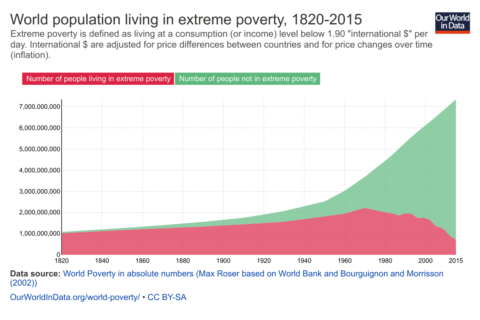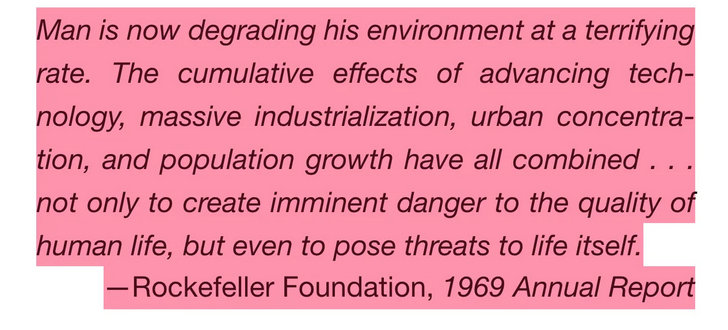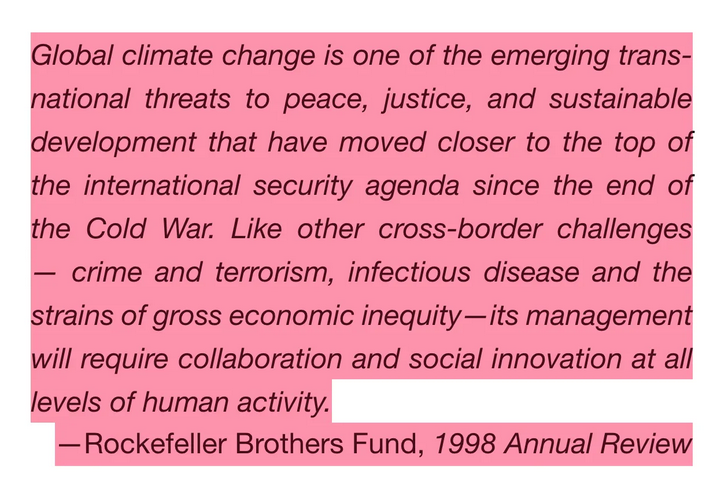Immortality used to be something you only got in the eyes of others, as Benjamin Franklin put it, “If you would not be forgotten, as soon as you are dead and rotten, either write things worth reading, or do things worth the writing”, but modern tech bros want the other kind of immortality … the one where you don’t actually die:
In ancient times, you attained immortality by doing great deeds.
Today you attain immortality by getting blood transfusions from teenagers, and freezing your body for later revival.
Needless to say, there’s a huge difference between these two strategies.
In the first case, you serve others by your great deeds — eternal renown is your reward for this. But folks seeking immortality today are the exact opposite. They have reached peak narcissism — other people are, for them, literally just a source of fresh blood (or stem cells).
Until recently, I thought those Dracula movies were just a story to scare little kids. I now know that they’re an actual playbook for Silicon Valley elites.
With a better business plan, our Transylvanian count could have raised some serious VC money.
Not long ago, I would have thought that the tweet below was a joke. But not in the current moment.
By the way, don’t miss the motto on his shirt.
I’m tempted to make some joke about this — but we’ve now arrived at a point where reality itself morphs into dark comedy. No punchline is necessary
And here’s another similarity between tech billionaires and the monsters in old horror movies. Somebody recently sent me a link to a website that sells bunkers to tech elites, and they remind me of dungeons in a Frankenstein film.
Go ahead, click on the link. Don’t let me stop you.
In both instances, horror is the right term.
Just looking at these things and imagining some delusional transhumanist getting on the table in his dungeon for a rejuvenation procedure is very creepy.
But there are some similarities between ancient heroes doing great deeds, and today’s Silicon Valley transhumanist. They both want to be like the gods (only their methods are different). Also, they are both admired leaders in their respective societies.
That’s the part that troubles me most. If the dude slurping up stem cells in a bunker was just another crazy person, I wouldn’t worry about it. But, unfortunately, these unhinged narcissists include some of the most powerful people on the planet.















